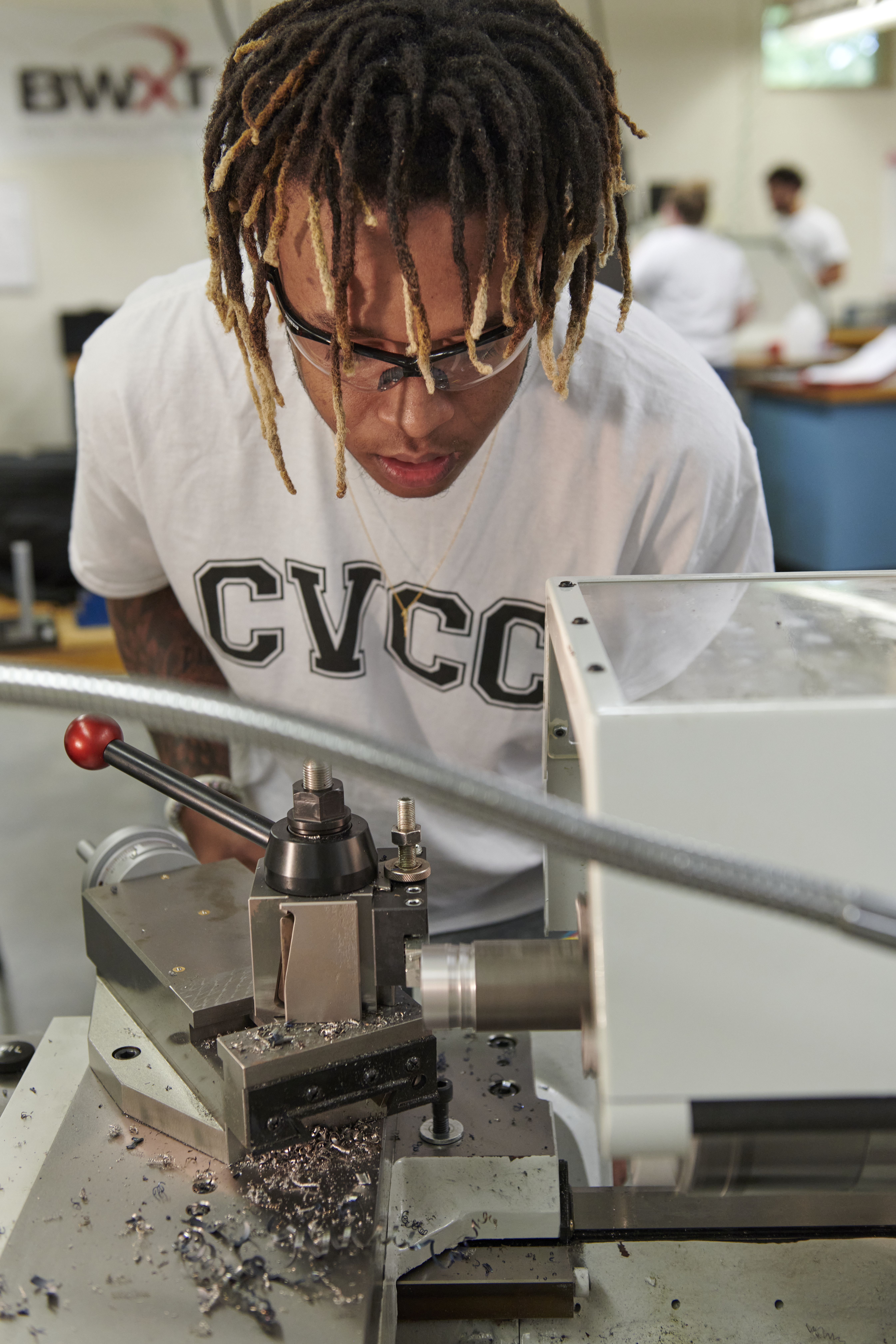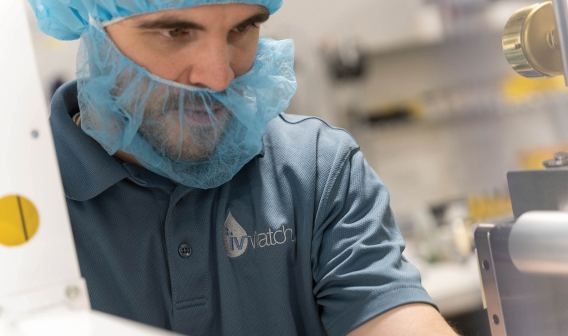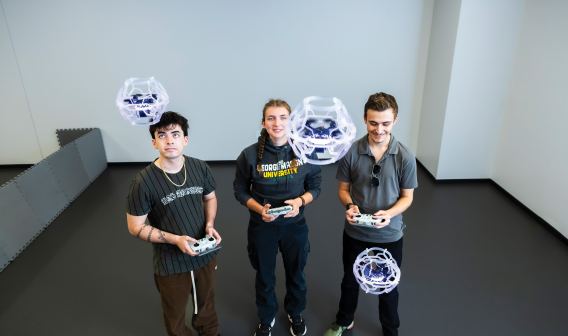
Central Virginia Community College CTE Academy, Lynchburg
Many high school students feel compelled to get a four-year college degree, even if that’s not always the best option. Students may not realize that careers in the trades are in demand and pay well. Through G3 scholarships and FastForward grants, Virginia offers tuition assistance for qualified students entering programs in these fields. But the state is also supporting innovative efforts from educational institutions like Central Virginia Community College (CVCC) in Lynchburg.
CVCC received GO Virginia funding to align 26 existing trades programs under the CTE Academy and develop four additional credential programs. The CTE Academy focuses in part on the region’s targeted industry sectors: manufacturing, healthcare, and information technology. Programs include machine tooling, industrial maintenance, mechatronics, welding, medical lab technology, skilled trades, and others.
Employers are having a difficult time finding qualified workers. In response to this issue, the CTE Academy was established to increase training opportunities in the region and connect students with local businesses.
“Collaboration involving all stakeholders in our region is the key to addressing the needs of the local workforce,” said CVCC Associate Vice President of Professional and Career Studies Jason Ferguson.
In some of these trade programs, students who complete the skills-based training can make $70,000 the first year, just a few years removed from high school. “After a few years, with some companies and some overtime, they’re making six figures with little to no college debt,” Ferguson said.
Local companies are working hand in hand with CVCC to create the needed talent pipeline. Southern Air, a full-service industrial, commercial, and institutional contractor, employs 800 tradespeople across Virginia, West Virginia, and North Carolina, and has run its own apprenticeship program in Lynchburg for 25 years, with some students coming from the CTE Academy.
Each of the CTE Academy programs includes a dual-enrollment option, where students can take community college courses while still in high school. Fostering interest in high school students, allowing them to start their education, and training them is the best way to create a talent pipeline, said Southern Air President Paul Denham.
In centralizing technical and career education programs in the community college setting, the teachers can be a resource for all regional high schools. Plus, “Community colleges typically have the space and lab facilities,” Denham said.
About 100 high school juniors and seniors from 10 area high schools attend the CTE Academy as dual-enrollment students. The CTE Academy also works with unenrolled students to share opportunities and illustrate pathways to career success.
CVCC hired liaisons to interface with the business community and K-12 partners. Staff members are making a more deliberate effort to work with companies to provide the type of education that will help students acquire the necessary skills to enter the local workforce, including CVCC-led roundtable committees to hear the voices and ideas of these stakeholders. “They will guide us to better align what the college provides with what the workforce needs,” Ferguson says.
The CTE Academy also helps local employers like Boxley Materials Company, an integrated construction materials supplier in Lynchburg. “We’re finding less of a talent pool to pull from,” says Boxley Vice President Charles Craddock. “The young people are still there — they just don’t know what career field they might enjoy.” The CTE Academy helps assess students for skills and interest in high school and encourages them to consider careers in the trades.
Industry relationships are key and, in addition to Boxley and Southern Air, the CTE Academy is working with area partners ranging from nuclear equipment manufacturing companies BWX Technologies, Inc., and Framatome to information technology firm DataPrivia, Inc. Companies sometimes set up tables outside the classrooms to talk with students. “The companies enjoy that opportunity. It brings them to the students and helps with equity issues. It brings the company to them,” Ferguson said.




